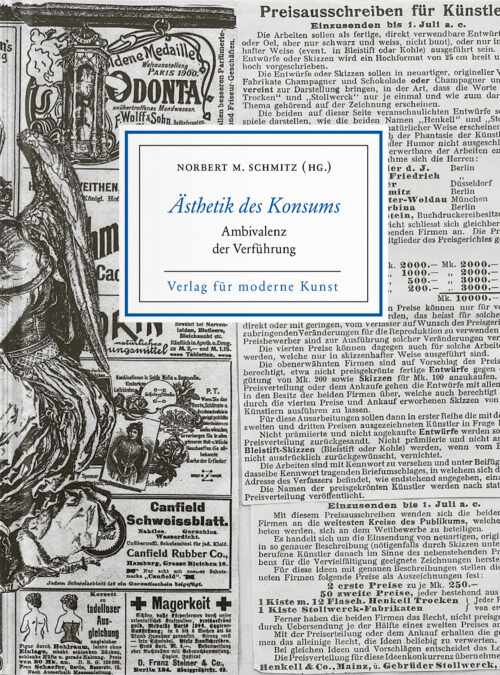The concept of consumption has a difficult time in the political discussion, especially in view of the ecological crisis of our time, but also much earlier in the traditions of a cultural critique of civilization. Here, consumption characterizes a false life in contrast to an earlier social state of authentic satisfaction of true needs. Consumption does not so much represent paradisiacal abundance, but rather excess and unnecessary.
Consumption, beyond its usual cultural-critical devaluation, should first of all be seen as a civilizational practice that played and continues to play an important role not only in the economic but also social constitution of the modern individual in secularized functional societies, especially in the experiential society of our day. It is about the aesthetics of consumption insofar as the dynamics of modern consumption co-founded the dynamics of aesthetic forms in all areas of life and, conversely, found a motor in them. This makes it part of the same civilizational process that made art and design possible in the first place. The latter in particular cannot be separated from the need and possibility of consumption from its emergence together with art and modern market economy at the beginning of the Renaissance and its development with industrialization. If today, in view of the catastrophic social and ecological effects of consumption, we rightly practice and have to criticize consumption, then this also necessarily leads to a criticism of art and design. So what are the possibilities for changing the direction of the consumption that is now becoming problematic, the success of which it helped pave the way for?
HOME

